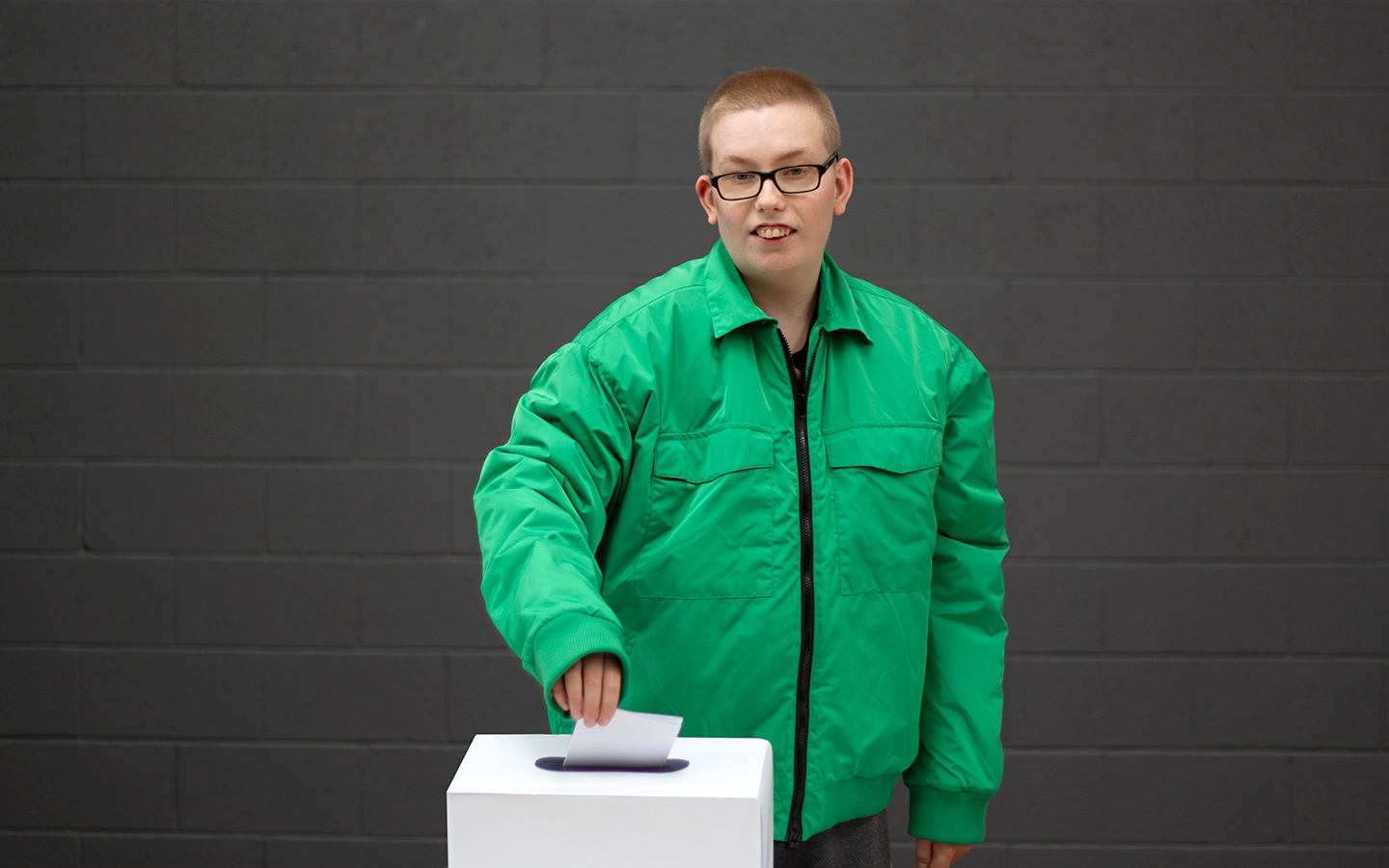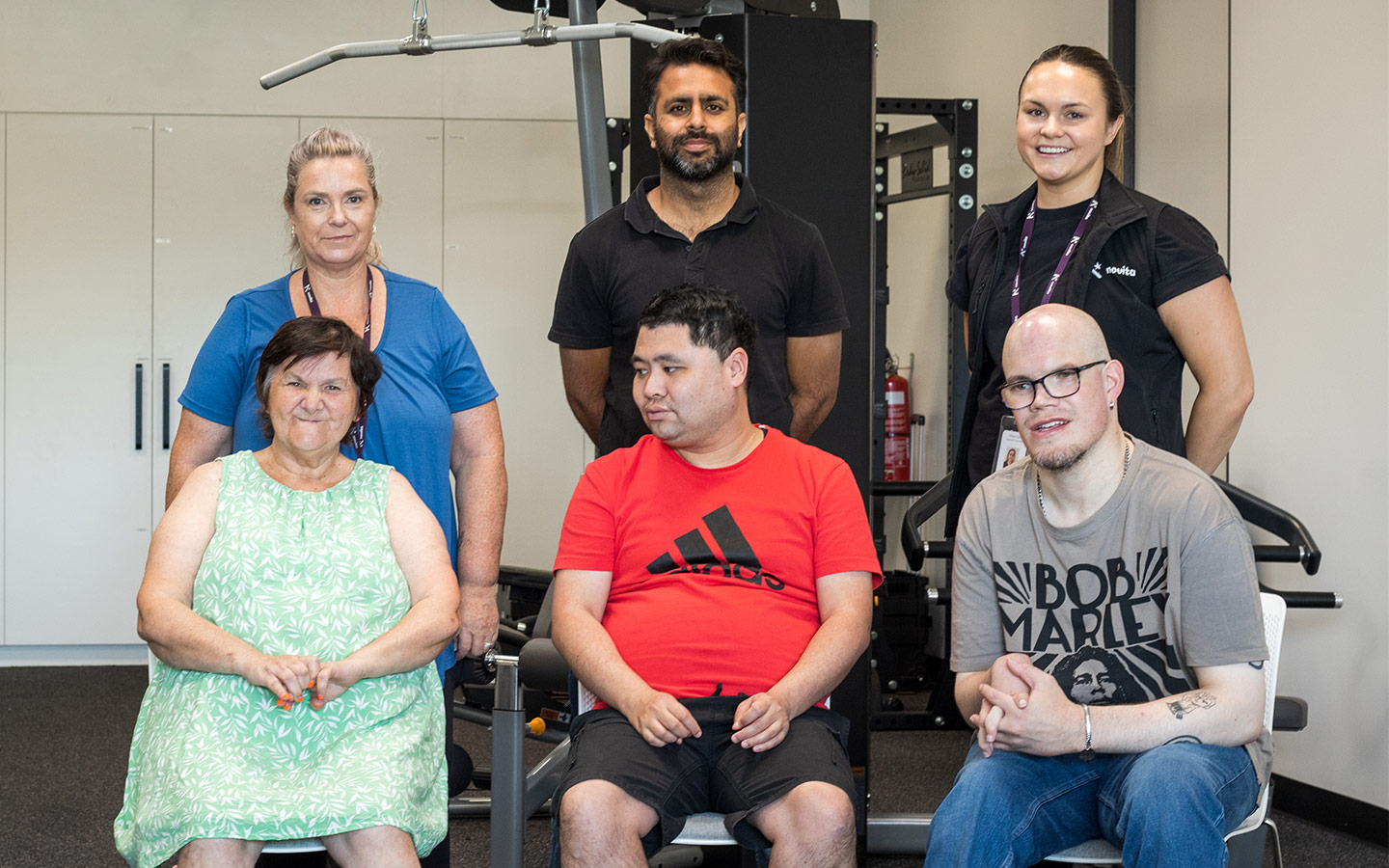Helpful Information
How Do I Know If I’m Eligible For The NDIS?
access_time25min read

The National Disability Insurance Scheme or ‘NDIS’ is a funding scheme operated by the Australian Government designed to support the needs and goals of people living with disability. To receive NDIS funding, you need to meet eligibility requirements. In this article, we will list eligibility requirements, what medical conditions are likely to make requirements, and who is not covered by the NDIS.
Who is eligible for the NDIS?
To determine your NDIS eligibility, you will be assessed on your:
- Age
- Citizenship or residency status
- What kind of support you will need
- Equipment or accessibility requirements

Eligibility checklist
The NDIS has put together a checklist to determine your eligibility. Below is a rough guide you can use to determine whether you are eligible or not:
1. Age requirements
To be eligible for NDIS funding, you need to be between 9-65 years of age. If you are a parent of a child under nine years of age, you will be contacted by a NDIS early childhood partner who can provide you with support and advice. If you are over 65 years of age, you may be able to access support outside of the NDIS.
2. Residence status
To access NDIS funding, you need to be an Australian resident, permanent resident or Protected Special Visa holder. NDIS funding is only available for people living in Australia. If you are not living in Australia, you will not be able to access funding. When applying for funding, you need to provide proof of residence.
3. Does your disability cause a permanent impairment?
NDIS funding is only provided to people who live with a disability that causes a permanent impairment. A permanent impairment is when you experience a permanent loss or use of part of your body.
Examples of impairments include a significant change or loss in your body’s:
- Function
- Structure
- Ability to think and learn
These include:
- Intellectual impairment (this can affect how you listen, speak and understand things. If you live with an intellectual disability, you may struggle with reading, writing, problem solving, remembering and processing information)
- Cognitive impairment (this can affect how you learn new things, pay attention or make decisions).
- Neurological impairment (this can affect how your body functions)
- Sensory impairment (this can affect how you see, hear or feel things)
- Physical impairment (this can affect how you move your body)
- Psychosocial impairment (this can affect how you interact with others)
The NDIS will deem you eligible for funding if you have evidence of:
- Your disability being caused by an impairment
- Your impairment being permanent
- Your impairment affecting your day-to-day activities (e.g., walking, talking, learning, understanding, socialising or generally taking care of yourself)
- Your impairment affecting you finding work or socialising
4. Early intervention requirement
Early intervention is an action that requires you to seek support now to manage any future concerns with your disability. Early intervention means you may need early access to support and services to assist with the functional impacts of your disability. You may be eligible for NDIS funding if you need early intervention support to reduce your future need for support. You may also receive funding for your family or caretakers to learn and obtain skills to support you.
To be considered for early intervention, you must have evidence of living with a permanent impairment. These include intellectual, cognitive, neurological, sensory, physical and psychosocial impairments.

What happens if I am not eligible for NDIS funding?
The NDIS will contact you if you are found to be ineligible for funding. This will either be by phone, email or the post. They will list the reasons why you have been unsuccessful for funding and provide you with the opportunity to ask any questions or voice any concerns.
Options for support if I’m not eligible for the NDIS:
If you are not eligible for NDIS funding, your Local Area Coordinator (a chosen representative who supports you to find appropriate disability supports) or Early Childhood Partner (person who works with parents and care givers to support them to understand their child’s needs) will assist you to find support within your community.
Below is a list of some providers who can support people who are not eligible for funding. These organisations and providers cater to particular communities, needs and circumstances.
(Sourced from the NDIS website)
| Community/Area of Need | Potential Providers |
| Aboriginal and Torres Strait Islander communities | |
| Disability advocacy | |
| Culturally and Linguistically Diverse communities | |
| Education and support for children and young people | |
| Employment | |
| Health and wellness | |
| Housing and accommodation | |
| Legal support | |
| Mental Health Support | |
| Transport and access needs |
Feeling overwhelmed about the NDIS? You’re not alone. At Novita, we speak to many clients about the NDIS and find ways to support them through their journey. If you feel like you need some support, please contact us on 1300 668 482 or [email protected].


